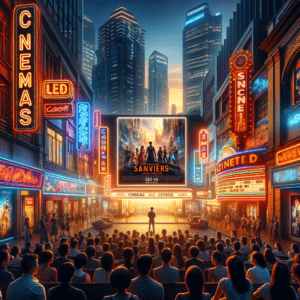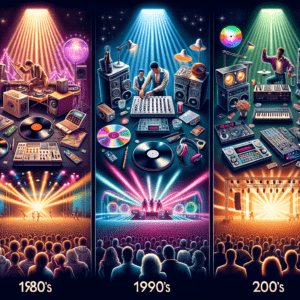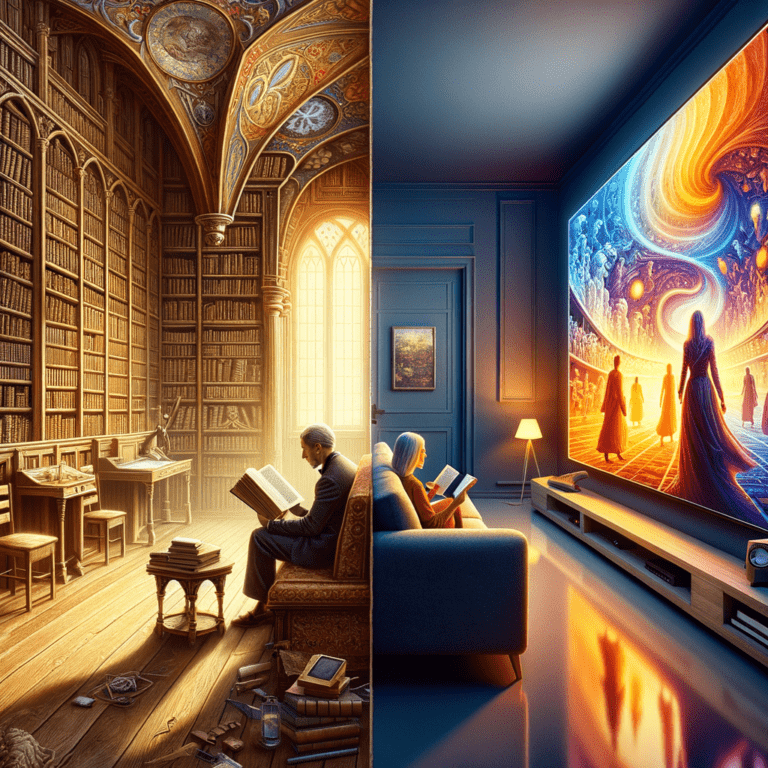War movies—oh boy, where do I even start? They’ve always captured my attention, like a moth to a flame. I suppose it’s something about the raw human emotions they portray, the intense drama, and, of course, those crazy explosions that make you jump out of your seat! Seriously, who doesn’t love a good cinematic explosion? Yet, there’s always that nagging thought in my head, “Just how true-to-life are these films?” It feels like I’m trying to solve a puzzle, but I’m missing half the pieces.
Heroism is where these movies always seem to leave a mark on me. They often present this incredible captain or soldier who defies all odds, showcasing valor and sacrifice. It’s all so stirring and makes for great storytelling, no doubt. But, if we’re talking about real life, heroism isn’t always so shiny and clear. It’s messy and complicated, and sometimes downright grim. The real heroes? They’re usually just regular folks making tough choices in impossible situations, not necessarily involving grand gestures at all.
Emotional Tugs and Heartstrings
And oh my stars, those personal stories! War movies often weave in love letters from home or that well-worn photo someone clings to before heading into battle. It gets me every time—those little human connections. But then I wonder, does this romanticize the broader, harsher reality of war? What about the survival aspect, where it’s really just about making it through another day, often without any romance in sight? I feel movies sometimes gloss over this, don’t they?
Let’s talk about camaraderie—there’s nothing quite like watching soldiers band together against all odds. It’s probably one of the biggest reasons I’m drawn to these films. They bring a sense of humanity to the chaos. But really, in the actual trenches, relationships are far from rosy. There’s friendship, sure, but also conflict, tension, fear, and rivalry. The movies often skip over those uncomfortable bits.
Visual and Emotional Impact
Now, for the visual feast. Explosions, gunfire, chaos—it all makes for one immersive experience. But can we really grasp the horrors from our comfy theater seats or couches? Sometimes I think Hollywood’s fireworks displays might desensitize us to the gut-wrenching reality on the ground. War isn’t just shiny explosions; it’s trauma and pain on repeat.
And oh, the soundtracks! You know what I mean—the music swells, your heart races, and suddenly you’re part of the action. It’s all designed to pull you in, but let’s be real—wars don’t come with epic scores. The real sounds of conflict are scary and harsh.
Artistic Liberties and Historical Accuracy
Here’s a little peeve of mine: artistic liberties. Films can claim “based on true events,” but truth is, they’re for entertainment. Directors spice things up a bit, sometimes bending facts to fit their story. It’s a bit of a slippery slope — altering perceptions and all that. Like “Braveheart” — such a great watch but totally plays fast and loose with history. We gobble it all up without questioning, but some dramatization is needed to keep people reeled in, otherwise, we risk losing them to more thrilling content.
Diversity and Perspective Bias
War movies, for all their glam, often have a too-narrow focus, don’t you think? Mostly, they zoom in on male soldiers, usually from Western countries. It’s starting to change, but the progress is slow. What about the stories of women in war, kids, and the civilians caught in the mess? Their experiences hit just as hard, if not harder. I once watched a film from a civilian’s perspective, and man, that hit me right in the feels. These stories are important; they help us remember that war stretches far beyond the battlefields.
War Movies as Cautionary Tales
Nevertheless, war movies do hold value as cautionary tales. They show us the horrors and offer reminders of past mistakes. Watching them, I find myself reflecting on history, considering the consequences of war, and fostering empathy for those who must endure it.
But when conflicts are just reduced to action-packed scenes, how do we process that? We need to be savvy viewers, questioning and digging for the truth behind these dramatizations. I long for films that educate, spark empathy, and push for peace over war.
In Conclusion
Even with their quirks, I have a soft spot for war movies. They stir emotions, tell tales of resilience, and get me reflecting on life’s real battles. Whether they’re heartbreaking stories, deep dives into human behavior, or pure explosive fun, they’ve carved out a significant spot in cinema. To fully grasp the reality of these stories, we have to peer past Hollywood. Listening to veterans, survivors, and historians helps fill in the picture, allowing us to understand the true nature and depth of war.












